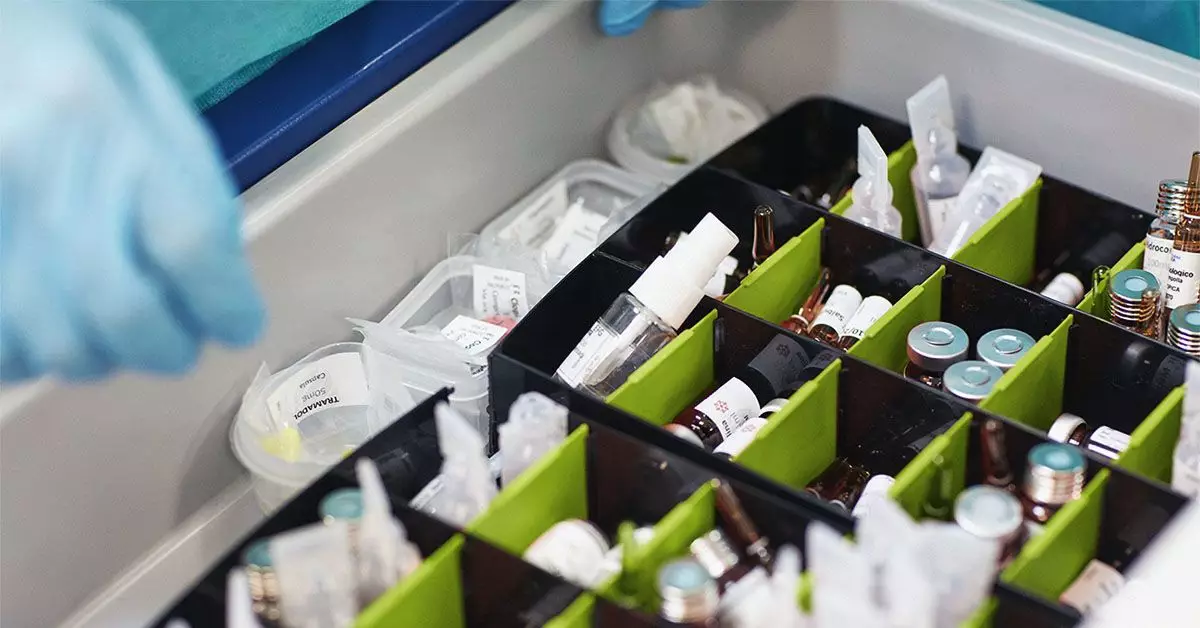Hairy Cell Leukemia (HCL) is a rare form of leukemia that originates in the lymphatic system, characterized by the abnormal proliferation of lymphocytes. HCL is typically slow-progressing and often does not require immediate treatment, allowing patients to consider integrative wellness approaches, particularly through dietary choices.

Research increasingly highlights the significant impact of nutrition on health, especially for individuals with conditions like HCL. A nutrient-dense diet can support the immune system, which is already challenged by cancer. Essential vitamins, minerals, and antioxidants play a crucial role in modulating immune responses and reducing inflammation, making dietary choices a strategic approach to mitigating cancer risks.
A plant-based diet rich in colorful vegetables, whole grains, and legumes is recommended to strengthen immune resilience. This diet provides necessary macronutrients and dietary fiber, which supports gastrointestinal health. Increasing fiber intake to over 30 grams daily can enhance overall wellness, particularly during cancer treatment.
The gut microbiome also plays a vital role in health and disease, with research showing its connection to the effectiveness of immunotherapy. Individuals with HCL should consume diverse plant-based proteins and fermented foods to promote gut health, potentially enhancing treatment responses.
Cancer treatments often lead to side effects like altered taste, nausea, and appetite loss. Nutritional strategies such as consuming calorie-dense and protein-rich foods, small frequent meals, and soft, mild foods can help alleviate discomfort and maintain nutrient intake.
Patients with HCL should collaborate with healthcare professionals, including oncologists and dieticians, to create personalized dietary strategies that align with their treatment plans. This collaboration fosters an environment where nutrition enhances overall well-being.
In summary, embracing a nutrient-rich diet can empower those navigating Hairy Cell Leukemia. By focusing on balanced eating and engaging with medical professionals, patients can advocate for their health and support their bodies against the challenges posed by cancer.




